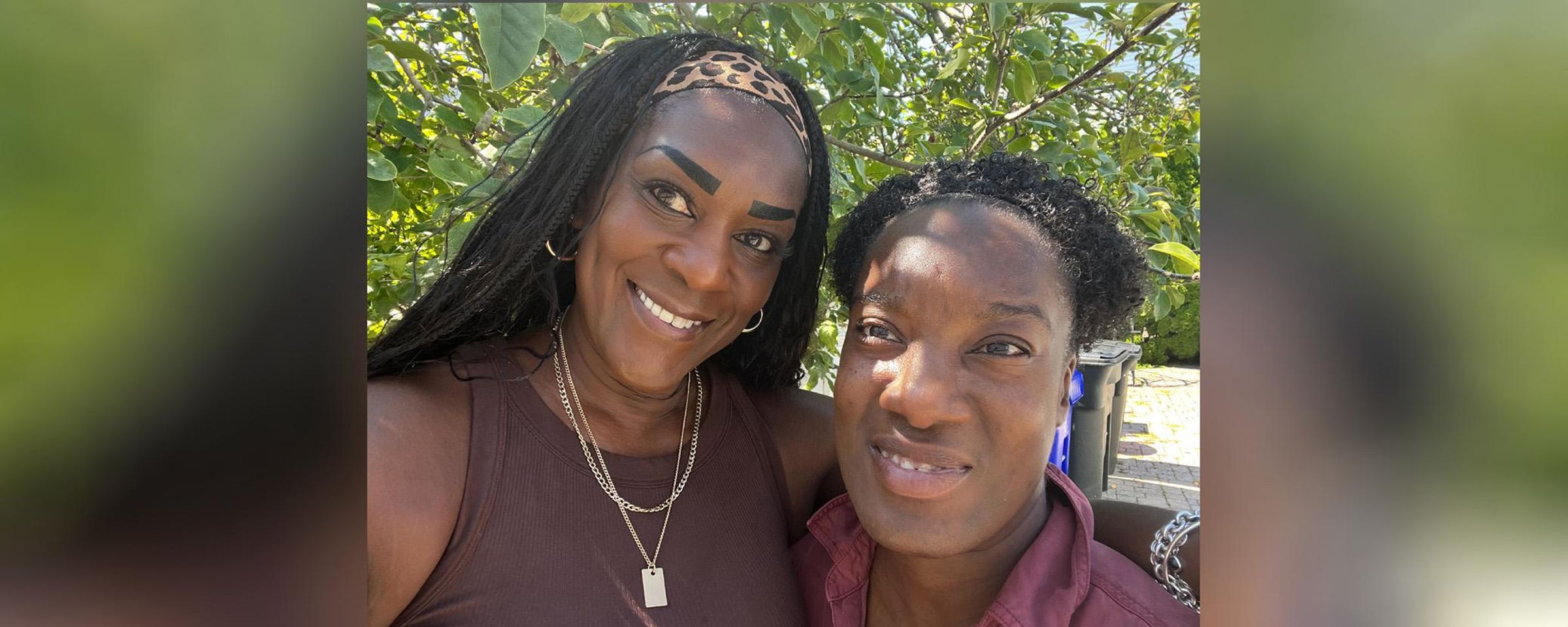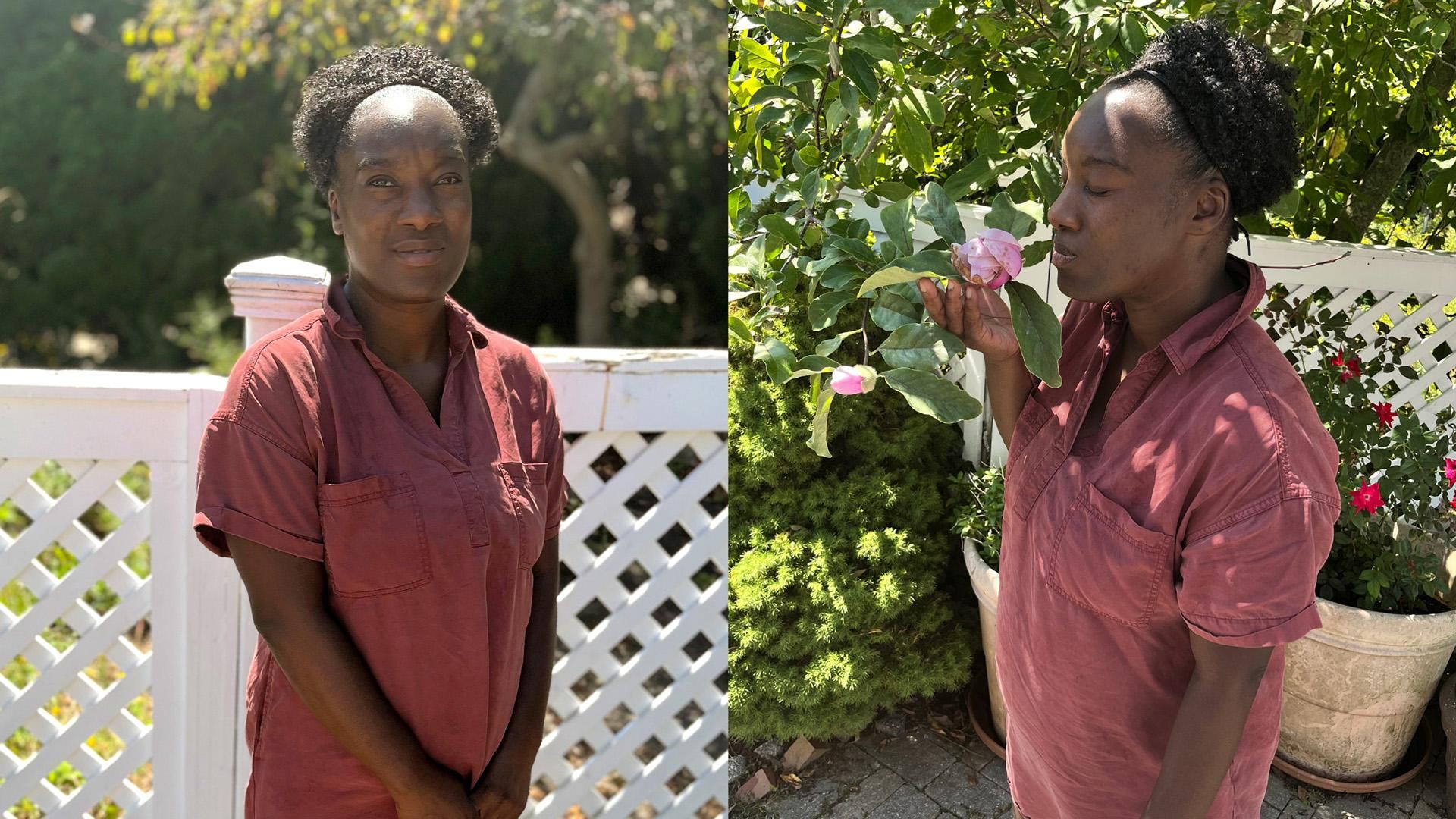How a Rare Disease Diagnosis Taught Me the Power of Advocacy and My Voice

Told from the perspective of Stacy Dixon, an executive assistant at Sanofi and parent of a child with immune thrombocytopenia
On a beautiful summer Friday afternoon, I waited patiently for my daughter’s school bus to arrive with my newborn son in my arms. I was excited to hear about her day as this was the highlight of the beginning of our weekends. However, this day would be like no other. This Friday would change not only my life, but my daughter’s forever.
As my 10-year-old stepped down from the bus, I immediately noticed that something was terribly wrong. Golf ball sized bruises covered her skin and smaller ones were appearing before my eyes. I would later learn these were petechiae, caused by tiny blood vessels that break and leak blood. I stood frozen with fear for a moment that felt like an eternity. I grew increasingly anxious, but in that instant, I had to pull it together. I did my best to remain calm so I wouldn’t frighten my daughter or upset my newborn.
I entered the emergency room, my arms cradling not just my daughter but a mother’s desperate hope for answers and understanding. What greeted me instead was a wall of judgement that hit like a physical blow. Each question from the staff, dripping with condescension, sent my heart plummeting further.
In that moment of dire need, I found myself not facing compassion, but prejudice. The realization was staggering. Here I was, a young Black mother in the early '90s—the AIDS crisis at its peak — sitting terrified beside my sick child, lost in a sea of uncertainty.
The nurse's pointed question, 'Was she beaten?' followed by the doctor's icy inquiry, 'Has she been exposed to someone with AIDS?' didn't just sting—they shattered something within me. I felt myself drowning, not in the flood of unanswered questions about my daughter's condition, but in a torrent of baseless assumptions about me. As my spirit crumbled under the weight of biases, I couldn’t help but think: shouldn't my daughter's mysterious illness be their primary concern? Where was their compassion when we needed it most? In that sterile room, surrounded by medical professionals, I had never felt more alone and misunderstood.
Later that evening we endured the agonizing wait as my daughter underwent an exhausting bone marrow extraction to rule out leukemia. But then what? Leukemia was not the culprit. I was navigating unknown territory – where we had more questions than answers. We would eventually learn that we were starting our journey as a family managing immune thrombocytopenia (ITP), a rare condition of complex immune system dysregulation.1 My role as her mom took on a new meaning. I learned that true caregiving isn't just about nurturing — it's an unwavering commitment to stand up and fight for my daughter's needs, tirelessly and without hesitation. Advocacy became my life, and our story.
The diagnosis of ITP presents many unique challenges – it is a disease that is not well-understood.1 I could not assume that every medical professional was familiar with this rare disease. I relied on my natural ability to be detailed and organized to help fuel my advocacy voice, to be intentional and speak up as we sought answers.
In an individual with ITP, the body's immune system mistakenly attacks and destroys its own platelets, which are essential for blood clotting.1 This can lead to easy bruising, excessive bleeding, and other complications.1
Since my daughter was now at risk for life-threatening bleeding episodes,1 my advocacy had to extend outside the doctor’s office and emergency room to friends and family. I knew I couldn’t be with her all the time, so I needed to educate my family and her teachers about ITP — making sure our “village” understood both the physical dangers of the rare disease as well as the emotional signs and symptoms, including fatigue and anxiety.2

Stacy Dixon’s daughter
Every time my daughter had symptoms suggesting a drop in platelet count, we had to rush back to the hospital. Many times, I had to relive my advocacy efforts again, ensuring doctors understood her rare condition and our journey so she would receive appropriate care.
Looking to the future
There have been mountain top highs and valley lows for us along our journey with ITP. I’ve not only had to advocate for my daughter but also empower her to advocate for herself.
Fourteen years after my daughter’s diagnosis, she asked, “Mommy, why me?” I remember at that moment a still small voice whispering, “Why not you?” I strongly believe that we go through life’s experiences not for ourselves. I believe we go through things so that at the appropriate time, when we’re able to share, we can impact someone else’s life.

Art of Stacy Dixon and her family.
Today, my daughter is an adult and has her platelet levels checked every six months instead of every 90 days — a sign that she is doing well. However, we must stay vigilant, looking out for the next platelet drop, which may require me to step in as an advocate again. While progress has been made, my journey highlights why continued attention to healthcare equity remains important for my family, the ITP community, and countless others with similar experiences.
We are encouraged by the meaningful research being done on understanding and managing ITP. It is our hope that in the future, those affected will experience less treatment burden both physically and mentally, with greater freedom to embrace life's opportunities.
To learn more, visit understandingITP.com.
Each patient story reflects the real-life experiences of individuals diagnosed with ITP. Individual experiences may vary. Please consult your doctor if you have any questions about your health or treatment.
References
- Immune Thrombocytopenia. National Organization for Rare Disorders (NORD). Last Updated July 12, 2022. Accessed on May 13, 2025. https://rarediseases.org/rare-diseases/immune-thrombocytopenia/
- Rovó A, Cantoni N, Samii K, et al. Real-world impact of primary immune thrombocytopenia and treatment with thrombopoietin receptor agonists on quality of life based on patient-reported experience: results from a questionnaire conducted in Switzerland, Austria, and Belgium. PLoS One. 2022;17(4):e0267342.